Sanctuary (1961)
“Listen, little girl, you don’t know nothing ’bout the Candy Man — he’ll have you crawling on all fours and howling like a dog!”
|
Synopsis: |
|
Genres, Themes, Actors, and Directors:
Review: Since I’ve neither read the novel nor seen the previous film, I can’t make any comparisons; on its own, however, Richardson’s version (scripted by Ruth Ford and James Poe) seems to suffer from the same fate befalling so many cinematic translations of literary works — namely, an egregious lapse in motivational logic. The crux of the narrative — Temple’s radical change of heart, post-rape — simply doesn’t ring true, and no time is spent trying to explain it. As noted in the New York Times original review, this transformation “makes for purple melodrama but not much psychological sense”. This is too bad, given that beautiful Lee Remick turns in a sympathetic performance in the lead role — it’s not her fault that her character is so poorly written. Also effective is blues singer Odetta in a pivotal role as the woman who first tries to warn Temple against the bootlegger (renamed Candy); one wishes she’d been given more screen time. Yves Montand as Candy gives the worst performance in the film — he seems to be walking through his scenes, and is badly cast. Once again, however, we know so little about his character that it’s hard to get a sense of what makes him tick. By the end of the film, we feel like we’ve only been given a glimpse of a much bigger, potentially intriguing world. Redeeming Qualities and Moments: Must See? Links: |
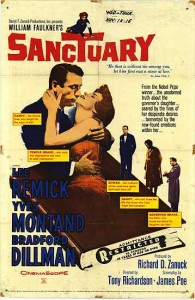
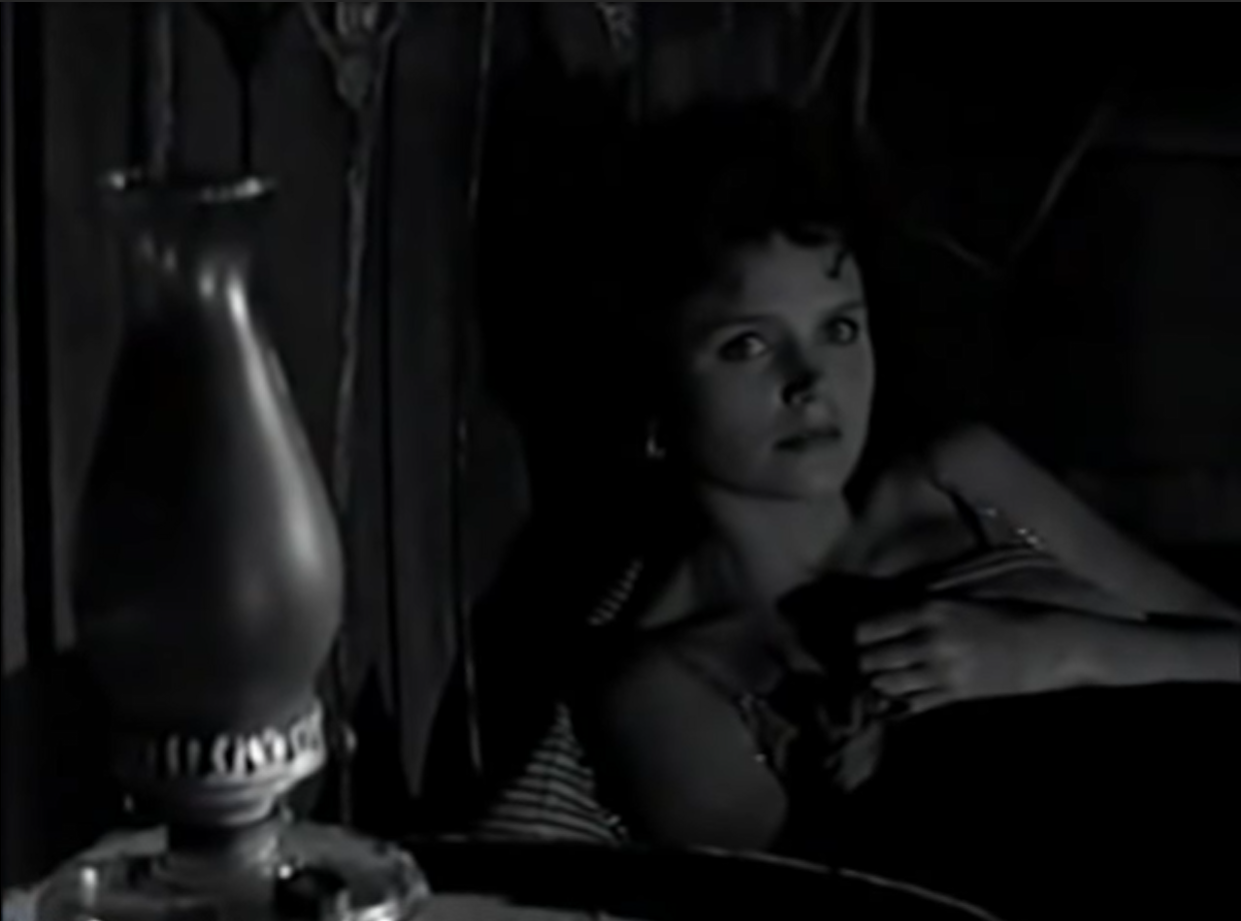
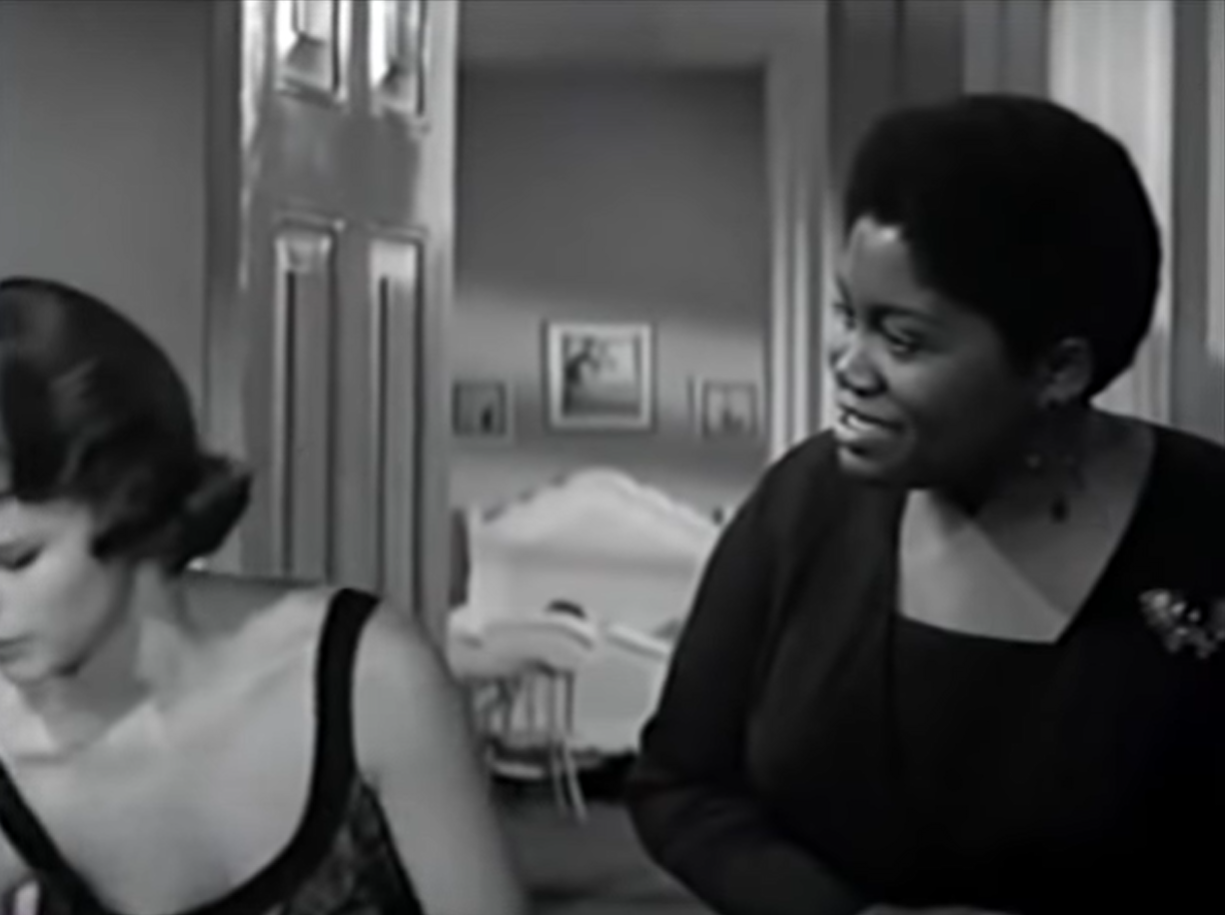
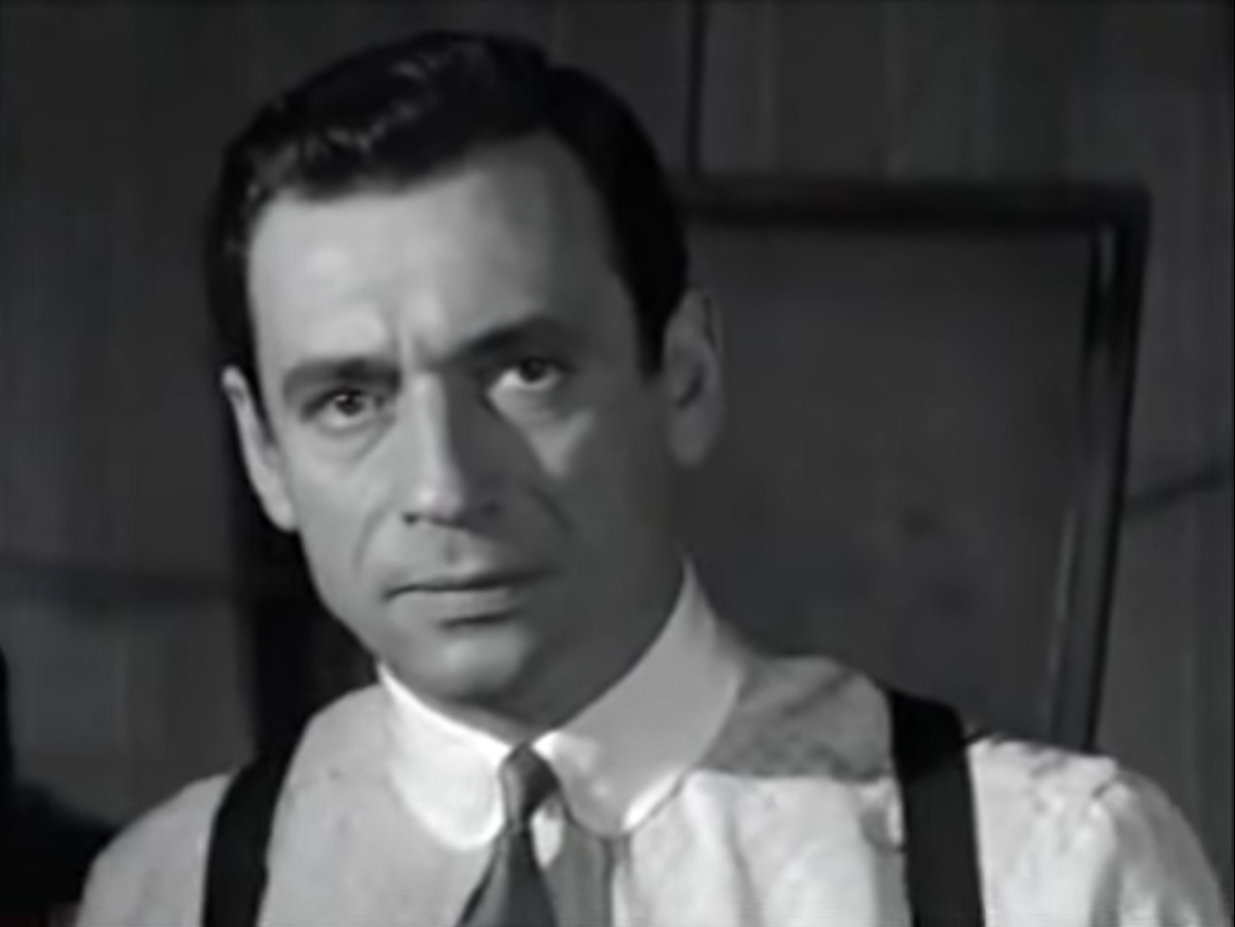
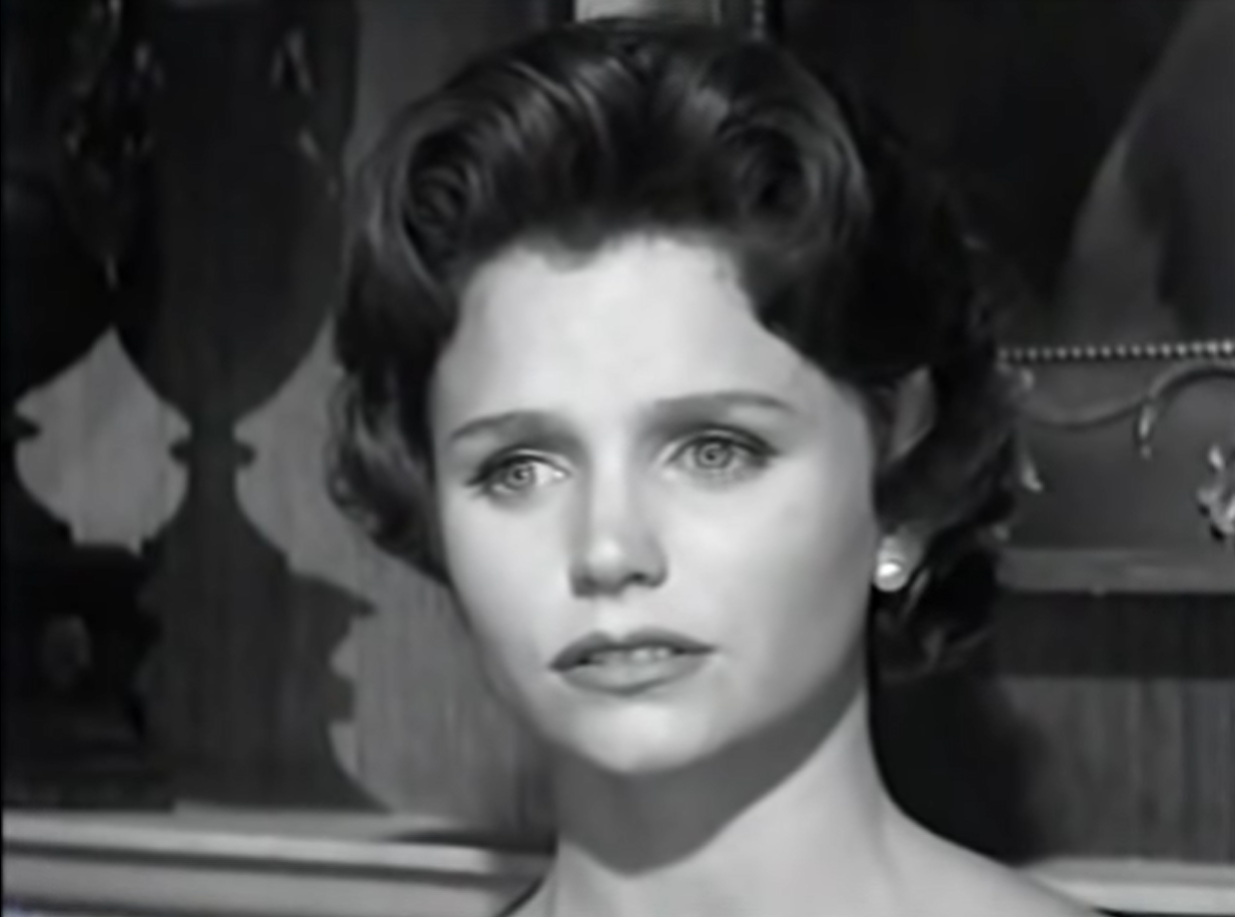
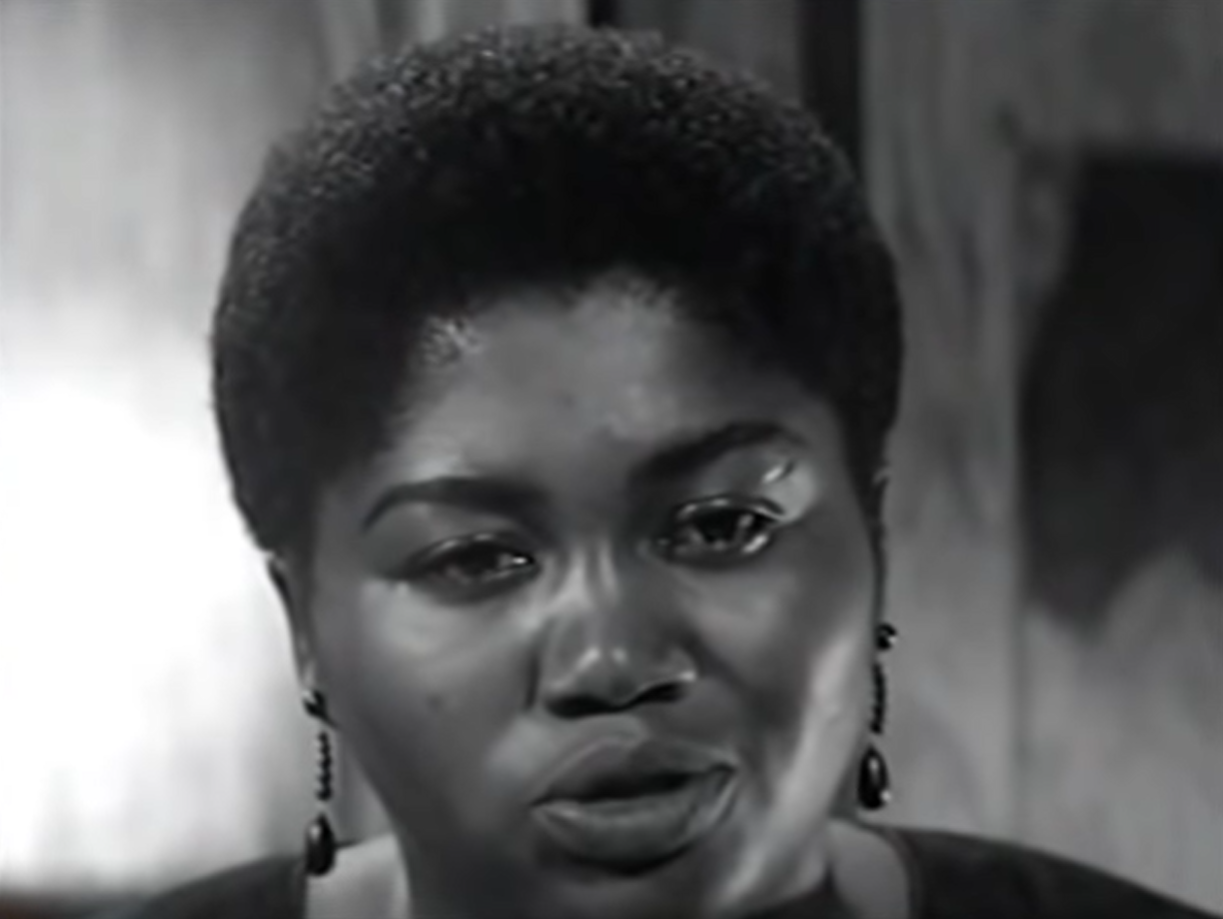
3 thoughts on “Sanctuary (1961)”
A must.
The quote used at the beginning of the assessment typifies my dual feeling about ‘Sanctuary’: it can either play as standard Deep South soap, or (depending on the crowd you’re with) as camp. Oddly, I think it succeeds on both levels; a rare film that can be appreciated in both modes. [To further illustrate, using that quote: it eventually comes off as false advertising for camp enthusiasts who have used vivid imaginations.]
It’s easy to see how other parts of the script can send one howling:
A somewhat-pleased Remick: “The next morning [after being raped], I woke to a different world: of gin for breakfast…”
Remick again: “Don’t hit me, Candy. Nobody ever hit me before.” Since she’s so full of self-loathing, how could Montand NOT hit her? [Merriment can continue through the next, apparently post-coital scene in which Remick looks at her abuser with such devotion you almost expect to hear “Penny for your thoughts…”.]
That said, ‘Sanctuary’ works well as a statement re: Truth. Remick says to Dillman at one point:
“So, it’s a snarl, isn’t it?: You can’t stand me as I am, and I can’t be what I’m not.”
The theme is further developed by lawyer Harry Townes when he states:
“I’ve never been fortunate enough to find the right woman for me. But just imagine the luxury of having one person on this earth to whom you could always speak the truth. That would be my concept of a true marriage.”
At the root of most of director Richardson’s work is a preoccupation with underdogs/outsiders. Here he worked with a script at least 1/2-credited to James Poe (also no stranger to outsider material, with adaptations of ‘Summer and Smoke’, ‘Toys in the Attic’, ‘They Shoot Horses…’, etc.). I haven’t read the Faulkner novel either, but – when looking at this as a serious work – I find it engrossing and even moving (esp. when Remick and Odetta are together). Is it a great film? Not among the greats. Would I go back to it from time to time? Yes.
I’m curious, though, why you would consider this a must-see for all film fanatics, rather than simply a strong personal recommendation…
Well, as we’ve discussed, the stance I try to maintain here is that a film is either a must or it isn’t. For the most part, Richardson is too interesting a director to keep from recommending – even when he’s particularly experimental (i.e., ‘Mademoiselle’; tho I can’t say I’m wild about ‘The Hotel New Hampshire’). For me, a film is all the more a must if I feel it will stand up to more than one viewing. (By the way, you mentioned wishing Odetta had been given more screen time; I thought she had plenty – but Reta Shaw as a madam, on the other hand…THAT could have used beefing up! …As well, Montand’s performance didn’t bother me. In general, I found the cast to be fine.)